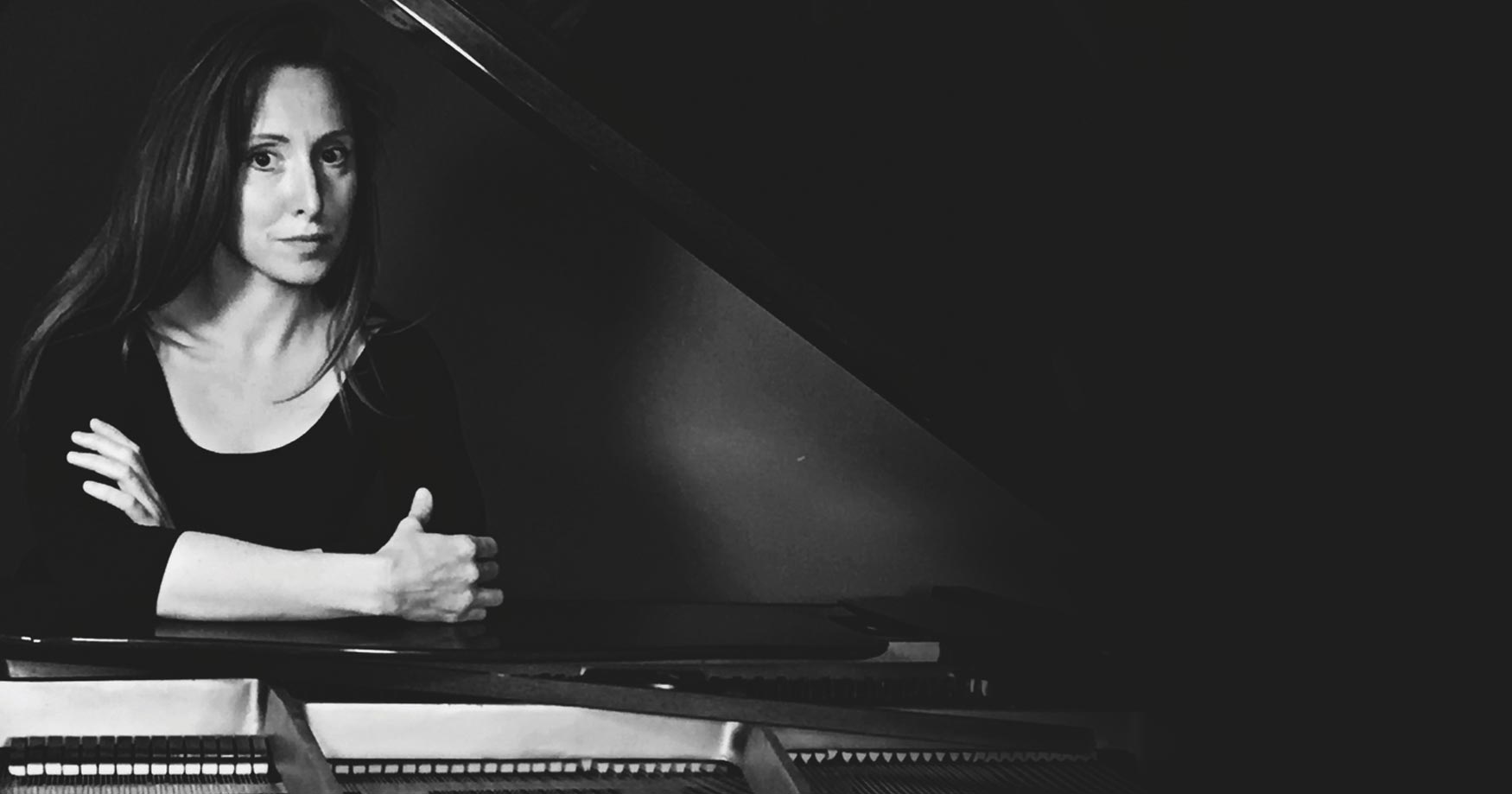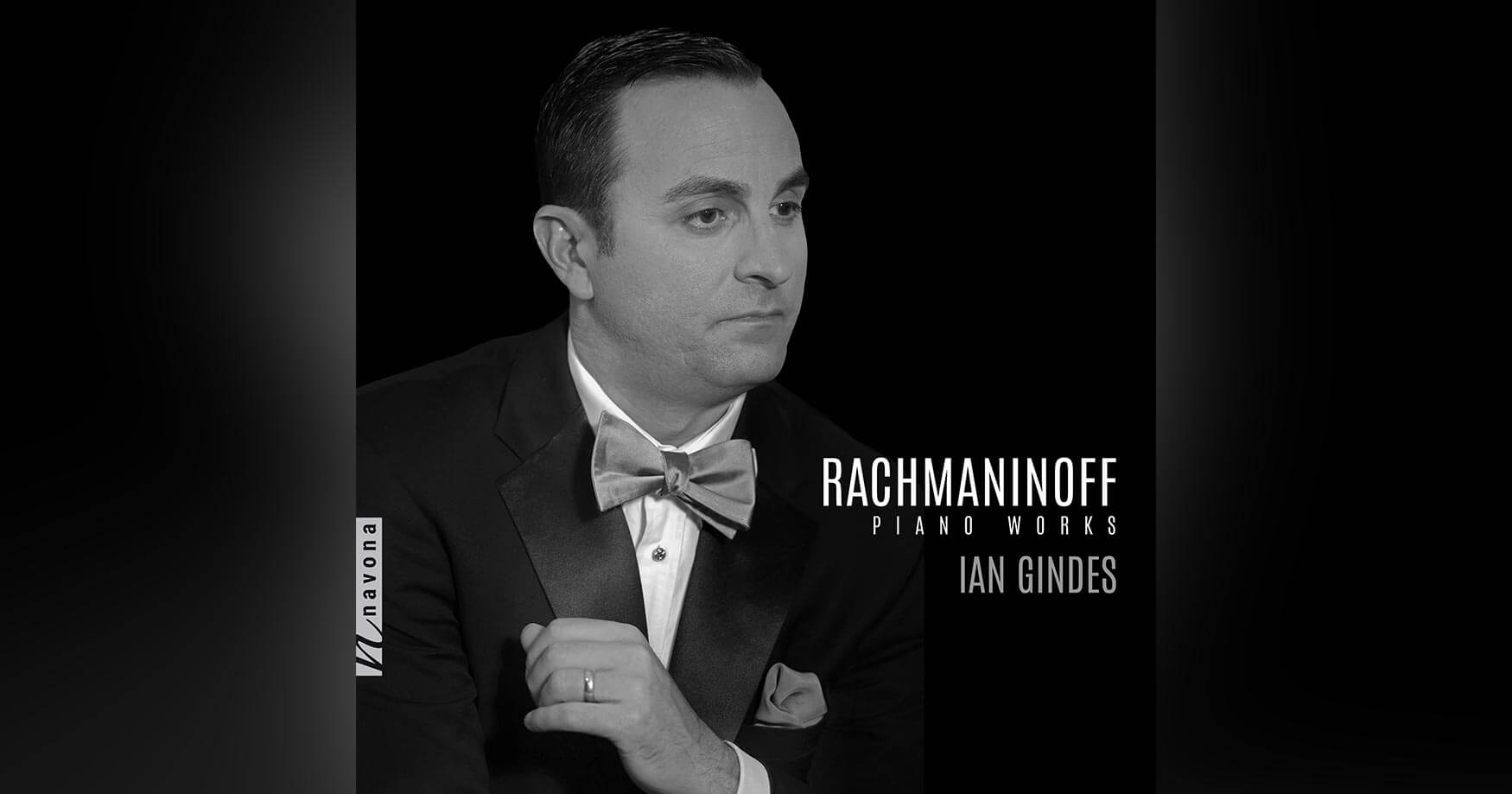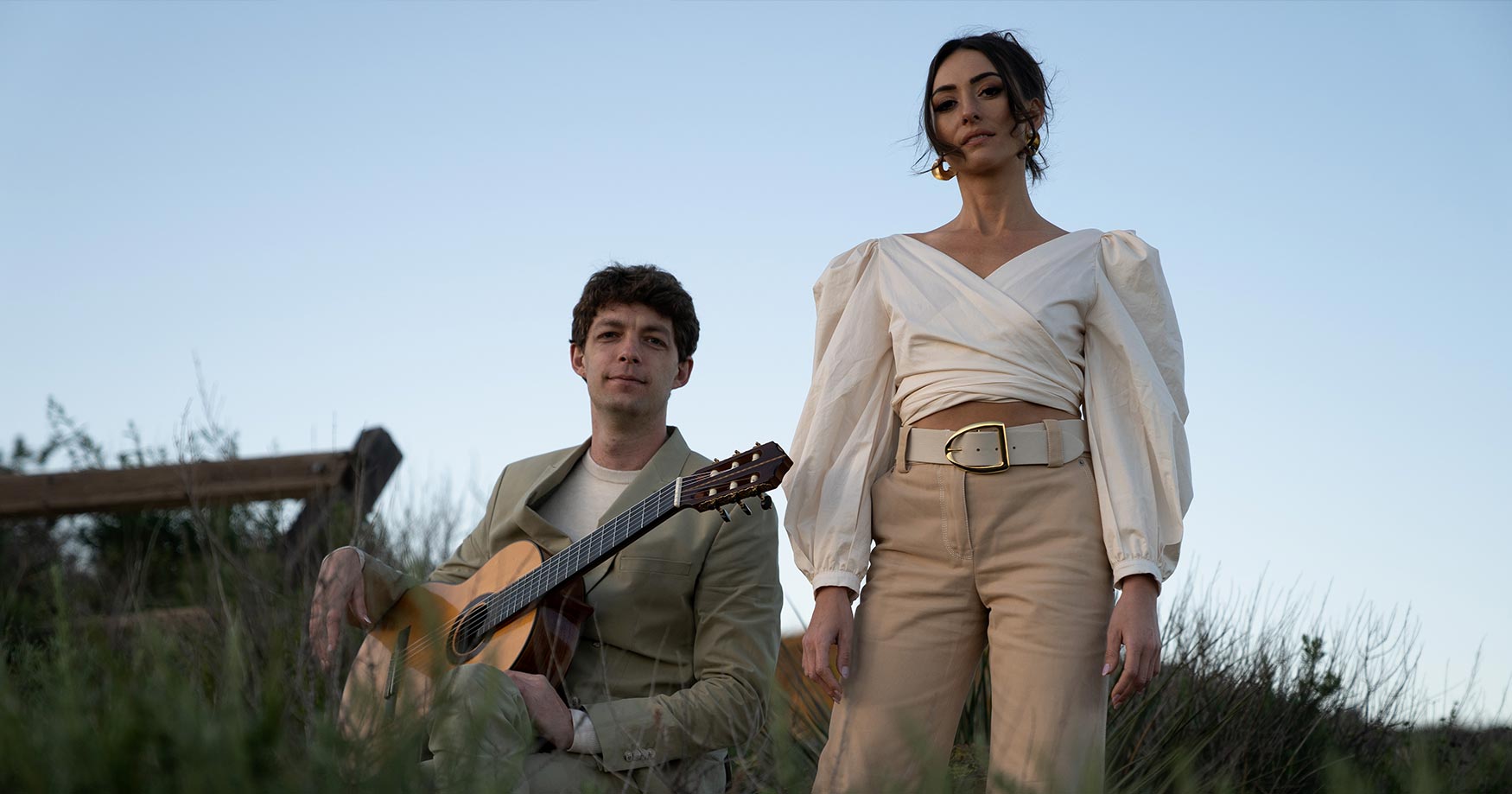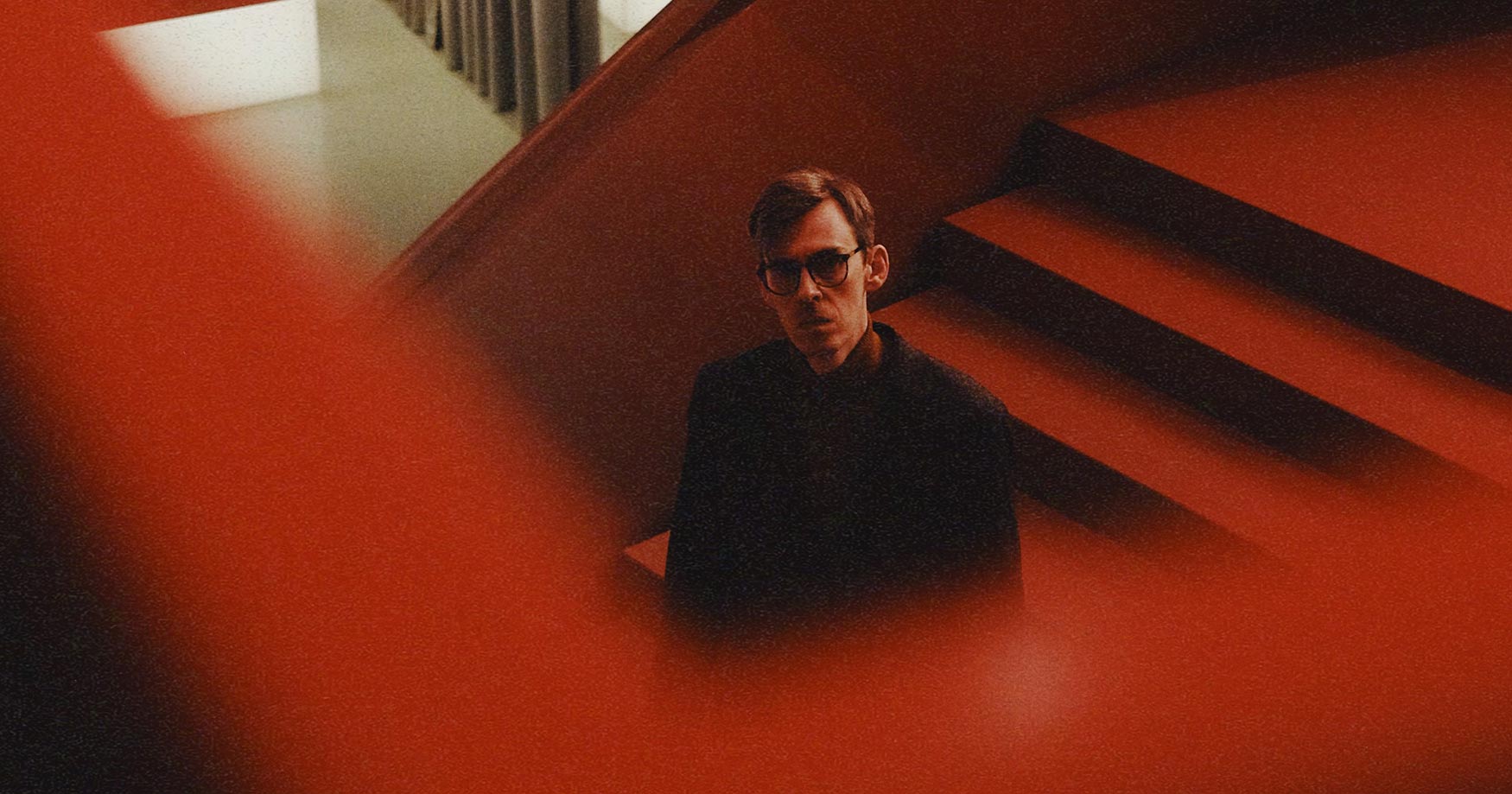Following the recent launch of our Winter 2023 Featured Recording Opportunity for piano, we synced up with featured pianist Karolina Rojahn to learn more about her artistic background, recent endeavors, and personal philosophies around new music.
Rojahn is a Los Angeles based pianist who has dedicated over a decade of her career to premiering and recording contemporary music repertoire. She has premiered over 100 new works, having released over 43 recordings of chamber and solo piano music, including five piano concertos written specifically for her.
Read on to learn about the new artistic world she’s discovered during her time in Los Angeles, how she “searches for the soul” of new works, and more.
Your time working with Bob predates PARMA and has evolved over the course of over 15 years, an on-going collaboration that’s produced numerous projects from THE PARMA SESSIONS to SOULS IN TRANSITIONS. What have you been up to recently?
I am involved in a variety of artistic endeavors. As far as performances are concerned I am currently preparing for a series of interdisciplinary performances combining classical music with fine art. These types of collaborations were one of my main focuses prior to the pandemic and this year they are back. I am also preparing for a performance at a philosophy conference where I am presenting a series of thematically linked classical works. Recording wise I have been working as a session pianist for film and tv and also collaborated on a few tracks for jazz and rock albums. And of course as an educator I have a small teaching studio in Los Angeles.
As an artist with experience working on the east and west coasts, what similarities or differences have you found in each region, both in the music industry and everyday life?
Both coasts are blessed with musicians of incredibly high caliber and a commendable degree of professionalism. I would say the main difference between the two hubs is the type of work and quality of artistic expression individual performers are seeking. I would say that the east coast is much more connected to academia with concert series directly tied to residencies or otherwise somehow dependent on higher education institutions. The West coast is a place of exploration. Musicians are involved in a variety of genres of music on a daily basis, whether it is playing classical concerts, film scores, or pop and rock albums. There’s an understanding that your talent and skills can find their expressions through a variety of styles. I have also found that there’s a lot more crossover between art disciplines, which is exactly what brought me to Los Angeles. I’ve performed and produced interdisciplinary events merging music with dance, painting, poetry, and even philosophy. I have found a community that was willing to leave a few traditions behind and take a chance on some new ideas.
Having studied architecture, sculpture, and printmaking alongside music, how do these branches of knowledge influence your life and experiences as a musician?
I grew up in a family of artists. Music to me is just one branch of expression and one that is perhaps my most developed skill/medium. I do create work in other mediums on a daily basis. Art is a way of living. I could not find fulfillment in a world in which I would be limited to an exploration on one thing. More importantly, being able to see the world from a lens of a creator and not just an interpreter allows me to be more authentic, which is perhaps what I value most in life.
You’ve worked directly with contemporary composers on their newest premieres during your career. With the new-music focus of the call, how do you tackle new pieces, and what does the practice-to-performance process look like for you?
It’s definitely a collaborative experience. I love looking for patterns and finding individuality in each composition. I always have a lot of questions for the composer and want to understand what the work truly communicates at its core. The preparation process is really a process of searching for the soul of the work. Recording process to me is like blazing through a new trail. It gives both the composer and the musician a chance to come up with new ways of seeing and interpreting different parts of the piece and I would say with confidence there’s always an element of discovering something new that no one has expected.
In addition to the audio component of your upcoming recording at Futura, there’ll also be video production throughout the session. What relationship do you see between audio and visual mediums, and how do you think they impact each other?
This relationship is very important in my experience. There’s always something new that is discovered in the process of watching a performance. It’s the choreography at the instrument that is something you cannot experience until you watch someone perform. In college we used to have discussions about our favorite performers and a lot of the time people commented on the way they handled the instrument, their mannerism and expressions. I think any piece of music can truly gain a lot, and maybe sometimes even loose, with any single performance. I am personally excited to have that component included in the process for this upcoming collaboration.
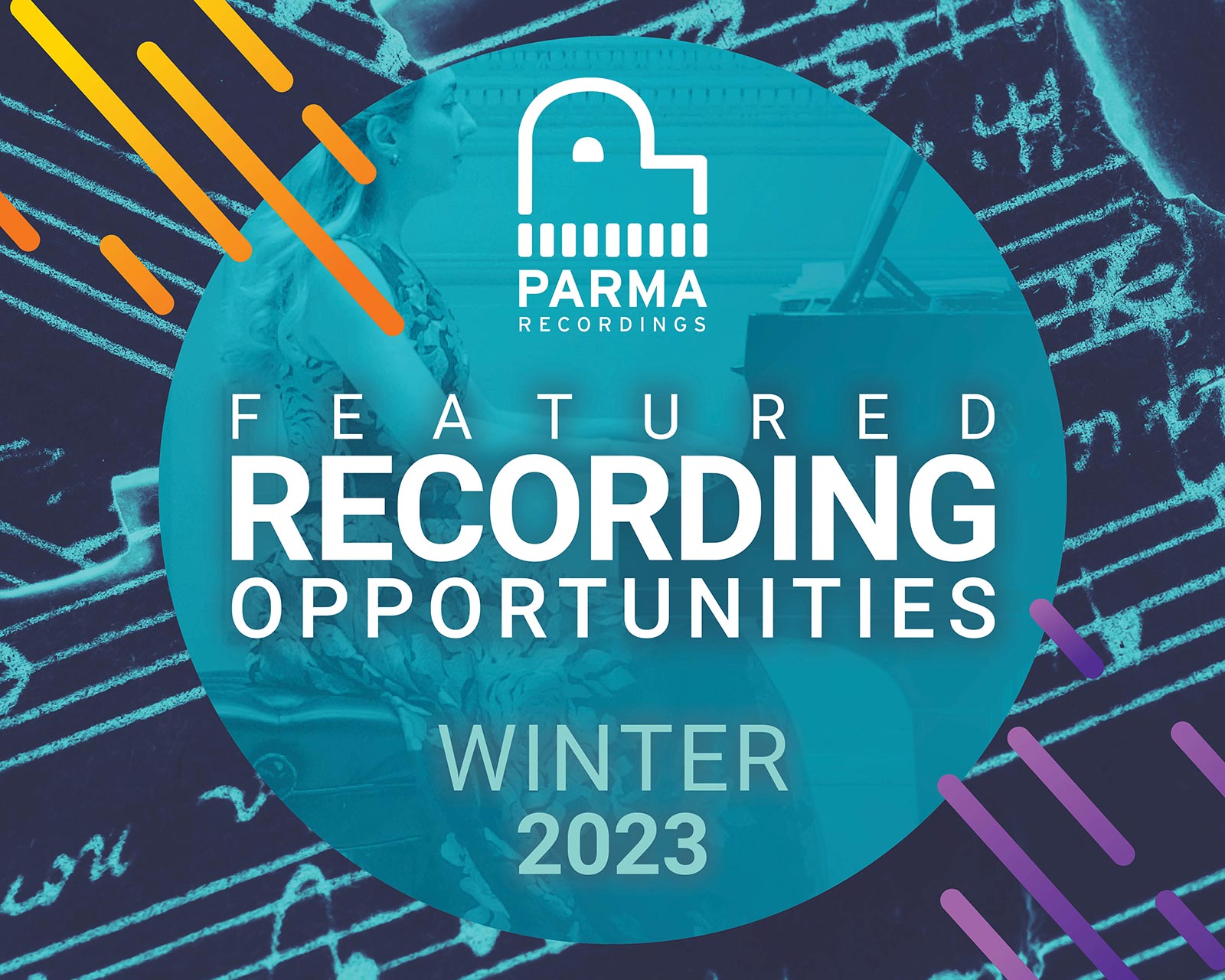
Solo Piano: Karolina Rojahn / Anna Kislitsyna
For release as a Visual Single: submit your score for consideration and for a quote to record in audio and video with one of our long-time partner pianists in Boston or New York. Recordings will be produced by PARMA’s award-winning team for release on Navona Records.
The views and opinions expressed in this post are those of the artist and do not necessarily represent or reflect the views and opinions held by PARMA Recordings LLC and its label imprints, subsidiaries, and affiliates.
